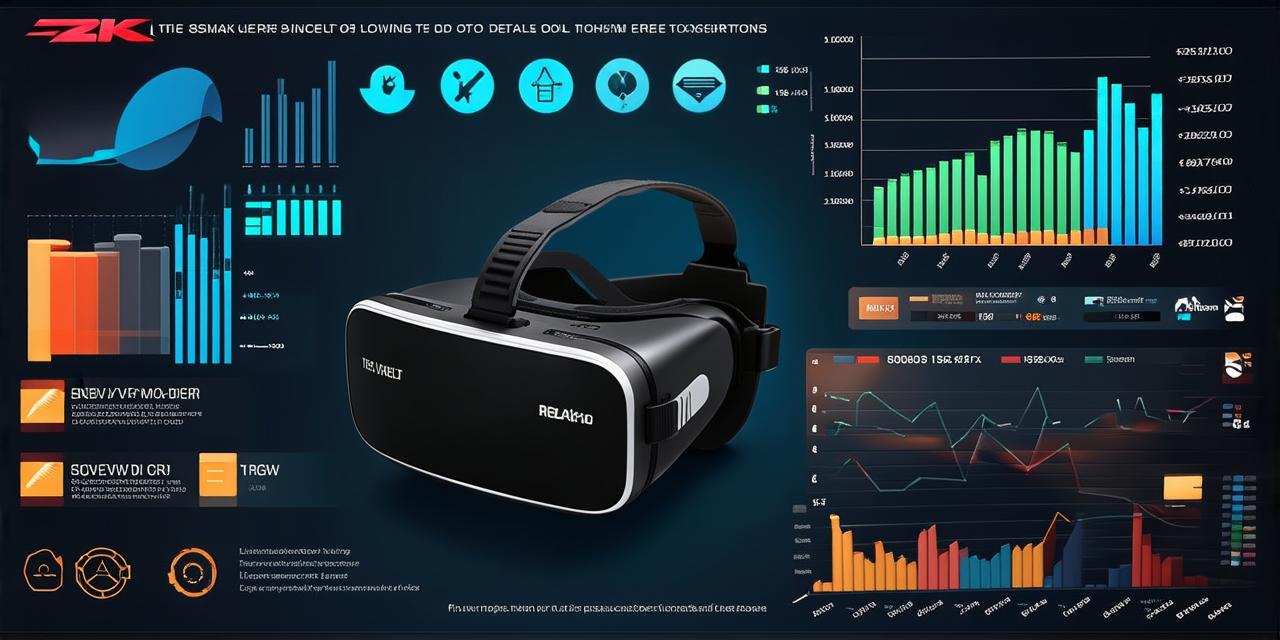
Is Virtual Reality Development a Valuable Investment?
Beyond the gaming industry, Virtual Reality (VR) is revolutionizing various sectors. In education, for instance, VR provides immersive learning experiences that traditional methods cannot match. Students can explore historical sites, conduct virtual experiments, and interact with complex concepts in a way that fosters understanding and retention.
In healthcare, VR is being used for training medical professionals, simulating surgeries, and even providing therapy to patients. This not only improves the quality of care but also reduces costs associated with traditional training methods.
The real estate industry is another area where VR is making a significant impact. Virtual tours allow potential buyers to explore properties remotely, saving time and resources. Moreover, architects can use VR to design and visualize buildings in a more realistic and interactive manner.
The Role of Emerging Technologies
The future of VR development is closely tied to emerging technologies such as Artificial Intelligence (AI), machine learning, and 5G. AI and machine learning can enhance the user experience by providing personalized content and interactions within the VR environment. Meanwhile, 5G’s high-speed connectivity will enable seamless and lag-free VR experiences, making it more accessible to a wider audience.

Investing Strategically in VR Development
Investing in VR development requires a strategic approach. It’s not just about creating VR content; it’s about understanding the market, identifying trends, and leveraging technology to create innovative solutions that cater to the needs of various industries.
The Road Ahead for VR Development
The road ahead for VR development is filled with opportunities. With advancements in technology and the increasing demand for immersive experiences, we can expect to see more innovative applications of VR across various sectors. This presents a lucrative investment opportunity for those who are ready to embrace the future of Virtual Reality.
Addressing Challenges and Seizing Opportunities
Investing in VR development is not without its challenges, such as high development costs, lack of standardization, and the need for specialized skills. However, these challenges also present opportunities for those who are ready to innovate and adapt. By leveraging emerging technologies and understanding market trends, investors can create solutions that cater to the needs of the rapidly evolving VR landscape.
In Summary
Virtual Reality development offers a promising investment opportunity in the digital age. With its rapid growth and expanding applications across various sectors, the potential for returns is substantial. However, it requires a strategic approach, an understanding of the market, and a willingness to innovate.

